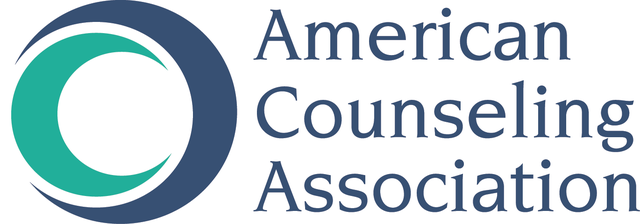Reducing Cravings: Implications for Treating Addictions Mindfully
Full description
Recent research on addiction and mindfulness-based treatments has shown that negative affect and cravings are key indicators of the probability one will relapse (Witkiewitz, Lustyk, & Bowen, 2013). Despite current evidenced-based treatments, relapse rates remain relatively high, at approximately 40-60% according to the National Institute on Drug Abuse (NIDA; 2010). Mindfulness- based practice may be useful when treating substance abuse disorders; however, little research has examined the specific relationship (Bowen, Witkiewitz, Chawla, & Grow, 2011). Findings from several studies demonstrate that a reduction in cravings and a decrease in negative affect (Rogojanski, Vettese, & Antony, 2011; Witkiewitz et al., 2013) occur when mindfulness-based practices are utilized. This paper will present an overview of the integration of mindfulness-based interventions in the treatment of substance abuse disorders.
Comments
to view and add comments.
Annotations
No one has annotated a text with this resource yet.
- typePdf
- created on
- file formatpdf
- file size204 kB
- container titleVISTAS Online
- copyright statusIn Copyright
- creatorPeter J. Economou, Vanessa Chafos, Marcela Farfan, and Ana Maria Idarraga
- issue2015
- publisherAmerican Counseling Association
- publisher placeAlexandria, VA
- rights holderAmerican Counseling Association
